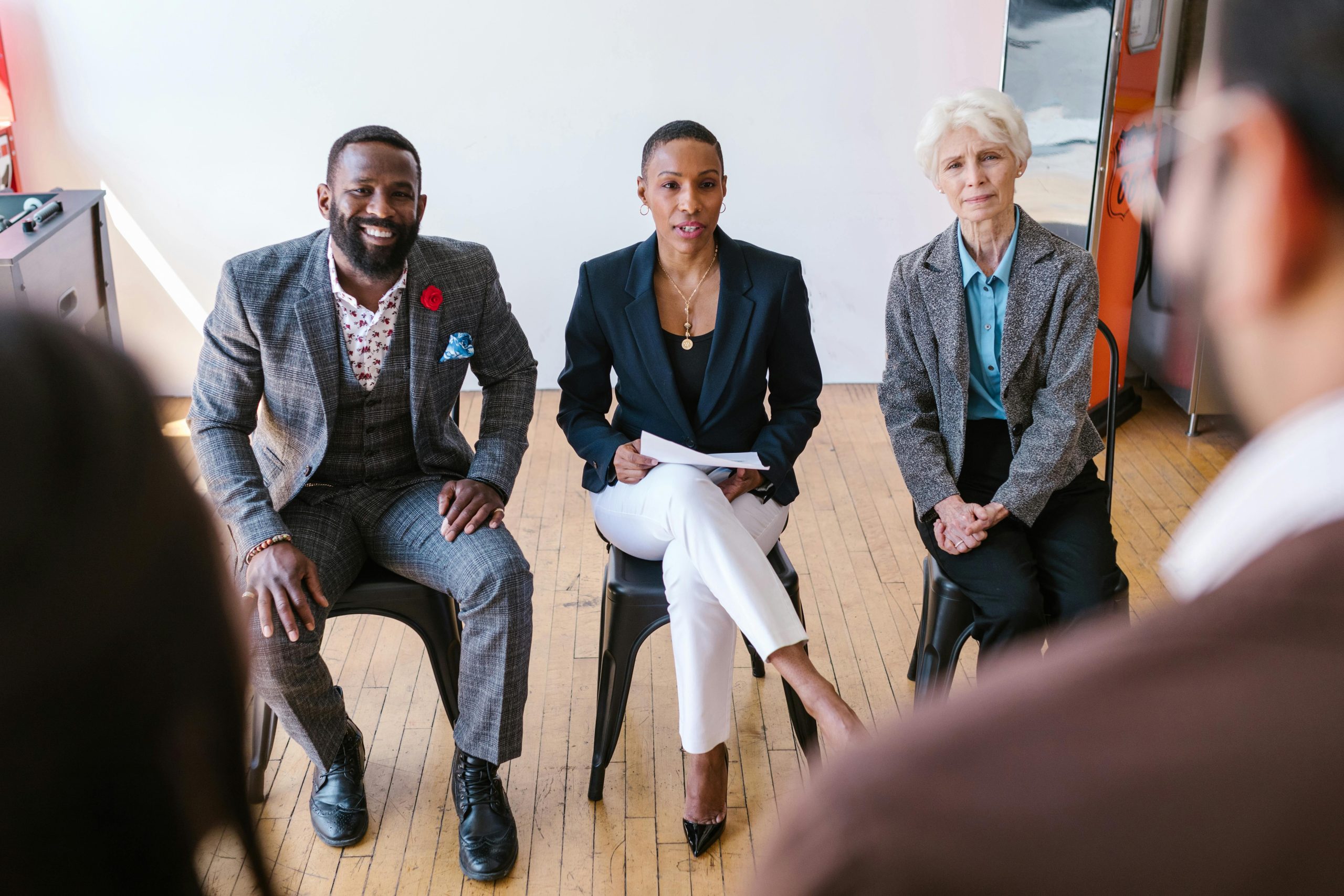Reflecting on life’s journey, one experience stands out that I wish could have unfolded differently. Early in my career, there was a golden opportunity to join a pioneering tech project that promised not just advancement but a chance to innovate. At the time, cautiousness led me to prioritize immediate stability over this uncertain possibility of creative growth.
In hindsight, this decision was born out of a fear of the unknown and a worry of overcommitting to a venture that wasn’t guaranteed. Although this cautious approach provided security, it also sidelined the potential for immense personal and professional development. The project eventually broke new ground in its field, achieving success and yielding groundbreaking results that shaped the industry. Witnessing its impact from the outside was both inspiring and a stark reminder of the roads not taken.
Despite the regret, this turning point instilled in me the importance of embracing calculated risks and being open to the unknown. It taught me to balance ambition with prudence, ensuring that future decisions align with both my dreams and values. This lesson fosters a mindset that is now more adventurous and willing to leap when the heart believes in the cause, reshaping how I approach opportunities ever since.


